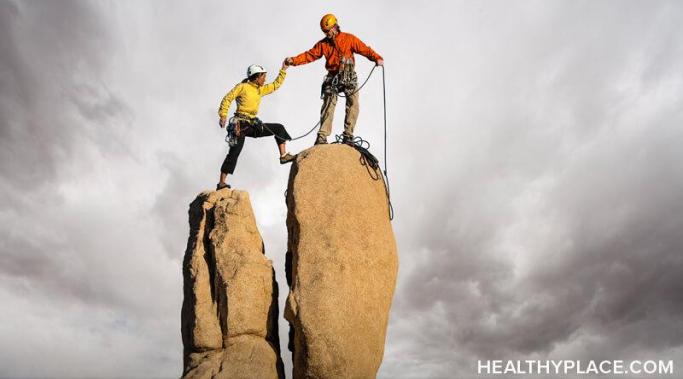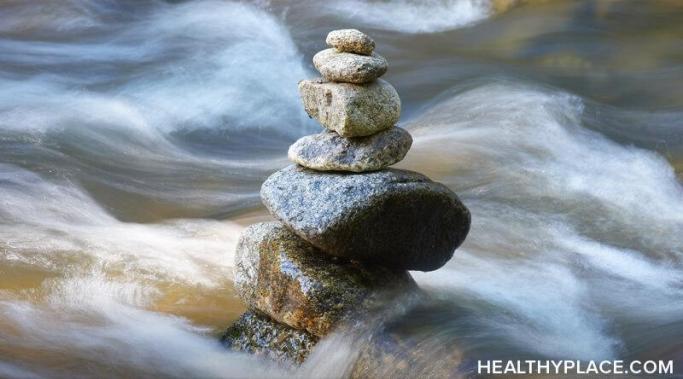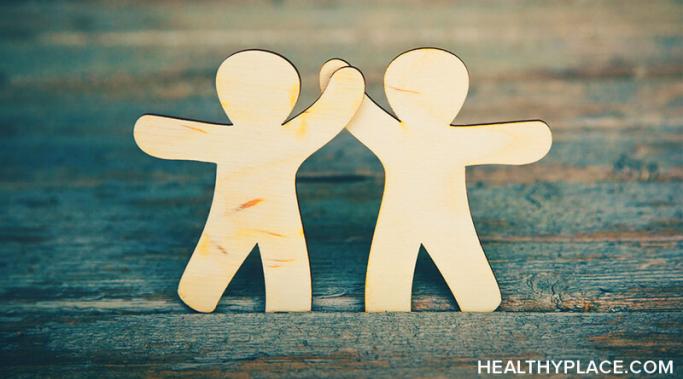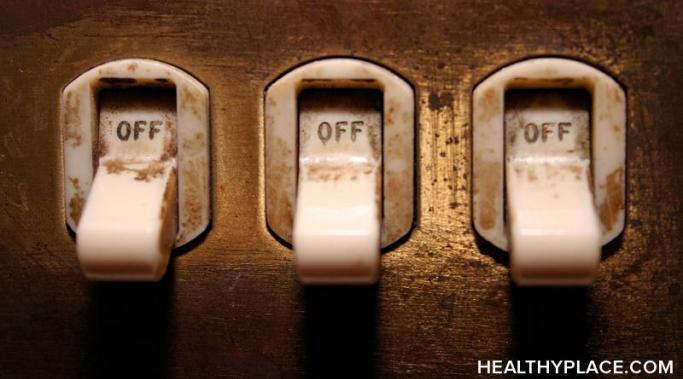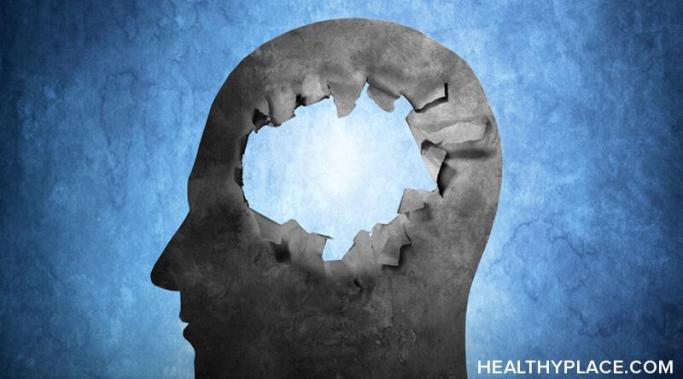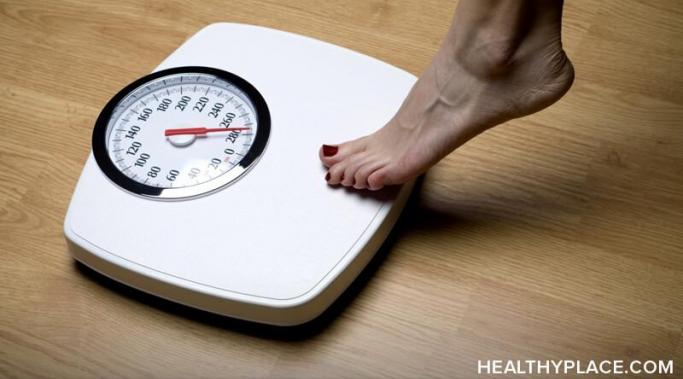Here's an inside look at the first line of my latest journal entry: "I am an eating disorder survivor. I am not an eating disorder savior." In other words, I have no power to rescue anyone else from a harmful relationship with food, exercise, or body image. No matter how desperately I want to be of help and service, I cannot force another person to embrace their healing journey. I can cheer them on toward recovery, but I will never be able to control their actions or decisions. Nor should I even attempt to hijack that responsibility in the first place. It doesn't belong to me. But if I already know that I am not an eating disorder savior, why do I still need a reminder? The short answer is that I always think I can manage this self-proclaimed role—until I can't.
Surviving ED
A common symptom of anorexia is associating specific foods with shame, fear, or distress. In spite of all the progress I've made to heal from my eating disorder, this restrictive outlook on food still remains one of the toughest myths to dispel. But with some encouragement from my personal trainer, I have recently started taking certain foods out of the shame category. Here's what I am discovering in the process.
Over the past week, I have been reflecting on the acute but nuanced complexity of living in a woman's body. (That is, anyone who identifies as a woman, including those in the lesbian, gay, bisexual, transgender, queer, plus [LGBTQ+] community.) This isn't a new revelation, of course. I've written about how sexism fuels eating disorder behaviors and my own experiences to corroborate that. But I often shove any potential threat of bodily harm, control, or objectification to the margins of my subconscious in order to function as a human. Most women I know default to this coping mechanism as well. However, thanks to a recent global controversy, I (and countless others) am once again forced to reckon with the complexity of living in a woman's body.
I recently came across an article online that made a point that thinking about food in terms of body fuel can be harmful to those in eating disorder recovery. I agree with this premise to a certain extent. As someone who has dealt with anorexia for over 15 years, I understand how viewing food only as a basic, utilitarian mechanism to keep internal organs operational can reinforce the binary mindset an eating disorder often thrives on. A balanced, healthy relationship with food encourages pleasure and satisfaction as well. But I do not believe it's helpful to reject "food is fuel" as a concept altogether. Personally, I love the reminder that food is fuel — here's why.
"Trust the process" has been my eating disorder (ED) recovery mantra for almost 15 years. The clinicians who ran my residential treatment program used to chant this phrase ad nauseam. Back then, it was a constant source of irritation. But now, I find myself returning to those three words more often than I ever bargained for. In fact, this recovery mantra feels just as relevant in my current season of life as it was at the starting line of ED recovery.
This week, I received a text from a longtime friend that sent me into an emotional tailspin. As a result, all motivation to care for myself evaporated into thin air. This news she shared was heavy to process, obviously, because I don't want to see her suffer, but also because I have firsthand experience with the issue she is facing.
I have an eating disorder voice that needs to be turned off. I first began the work to heal from an eating disorder in 2010, and it's been a passion of mine ever since. But despite all those years of hard-fought experience in the eating disorder recovery trenches, I am still learning how to turn off the eating disorder voice in my head. This voice was a staunch, relentless companion for most of my adolescence. At times, I could not even separate my own inner voice from the eating disorder beliefs, anxieties, and compulsions always shouting at me.
In a previous article, I wrote about feeling anxious about starting my first session with a personal trainer. But now that I am two months into the program, I have to admit there are many clear benefits to working with a certified professional who knows much more about fitness and nutrition than I do. It has been a challenge, but under her instruction, I am slowly learning how to create a balanced relationship with exercise. I can even see myself building stamina, resilience, strength, and athleticism. Here are some of the lessons from personal training that also help me out in ED recovery.
My eating disorder relies on selective memory in order to maintain a stringent foothold in my life. Selective memories are enticing and compelling. They can also be quite dangerous. In fact, as I have come to realize, the presence of selective memory is often the difference between making continual strides in recovery or free-falling back into a cycle of relapse. What do I mean by this, and how am I learning to combat selective memory in my eating disorder? Let me explain.
I have learned so many important lessons and revelations in the course of my interminable healing from anorexia, but one stands out above the others: I cannot take a day off from eating disorder (ED) recovery. Sometimes I want to, of course. Sometimes I'm convinced that enough time has passed since my life was at risk—or I have enough experience and self-awareness at this point—to ease off the accelerator and simply coast for a while. But I really can't take a day off from ED recovery.
